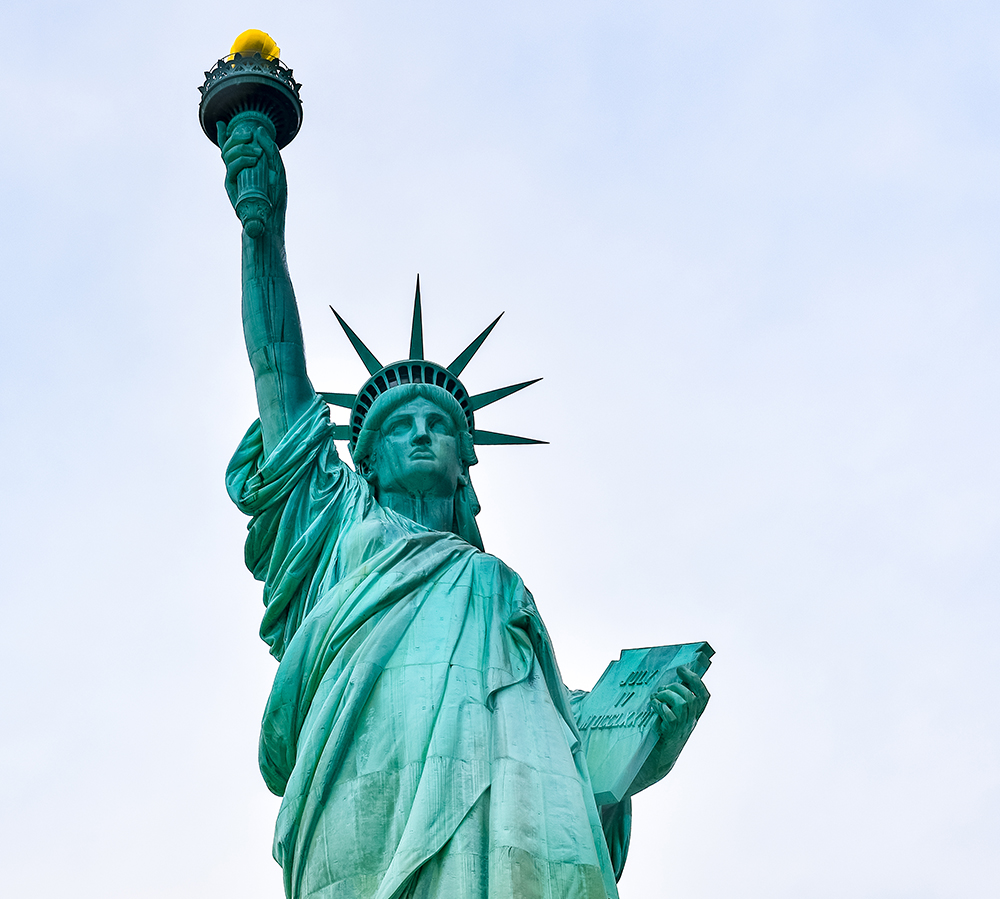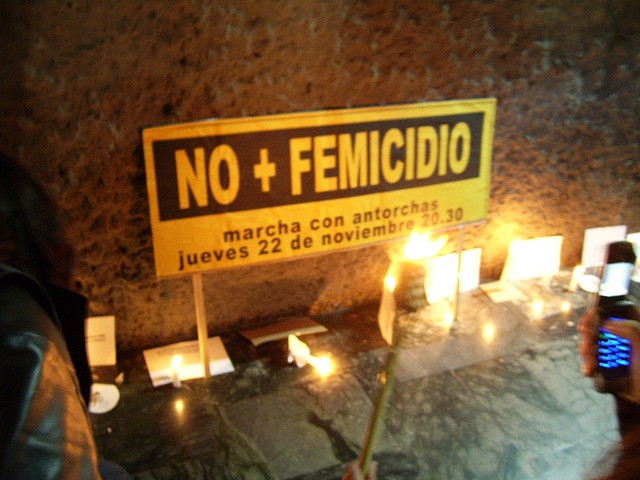“Give me your tired, your poor,
Your huddled masses yearning to breathe free,
The wretched refuse of your teeming shore.
Send these, the homeless, tempest-tost to me,
I lift my lamp beside the golden door!”
These are the final lines of Emma Lazarus’ poem, “The New Colossus.” They are inscribed on a plaque at the base of the Statue of Liberty. How quaint those words seem now that it’s apparent that those leading this country no longer want anything to do with the poor or homeless or those huddled masses yearning to breathe free. There’s no lamp and no golden door, unless it’s the ones controlled by the for-profit ICE detention centers run by CoreCivic, GEO Group, LaSalle Corrections, and Management & Training Corporation.
That there are big profits being made from immigrant deportation is a feature, not a bug. In 2023, during Joe Biden’s presidency, 90 percent of the 30,000 people then held in ICE detention were housed in private facilities contracted by the agency. In 2022, Biden pledged there would be “no private prisons” used for detention, but he never delivered on that promise, and the number of immigrants in ICE detention centers has almost doubled since then.
Biden did at least keep detained immigrants in the U.S. until their cases could be handled in court. Donald Trump ramped it up to the next level last week by flying 238 Venezuelan immigrants to a notorious prison in El Salvador without giving them judicial due process. Trump justified the illegal move by invoking the Alien Enemies Act of 1798, which enables the government to rapidly deport people from countries at war with the United States. Last time I checked, we weren’t at war with Venezuela.
The deportees are now subject to a “justice system” that relies mostly on the whims of banana republic authoritarian President Nayib Bukele, who calls himself the world’s “coolest dictator.” El Salvador (read Bukele) received $6 million from the U.S. for taking the Venezuelans off our hands. It’s blood money. The prisoners had no opportunity to prove their innocence or challenge their sentences — because they haven’t been sentenced, just imprisoned for however long Bukele decides to keep them. It’s a business deal disguised as justice.
The administration claimed that the men were members of the Venezuelan gang, Tren de Aragua, but no proof was offered in a court of law. Some of these men presumably were gang leaders with criminal records; others may have been low-level members; others, we are now discovering, may not have had any association with the gang or any criminal record at all. They all got the same punishment.
It’s utterly inhumane and flies in the face of any American legal processes. At the very least, the men could have been deported to their country of origin. Using a Salvadoran prison as an American Gulag is a new low, even for Trump.
And all of this was carried out against the specific orders of federal Judge James Boasberg. It’s perhaps instructive to learn that when Bukele was told about the administration’s lawyers ignoring the judge’s order, he posted, “Oopsie, too late” on X. It was promptly reposted by Secretary of State Marco Rubio and President-Select Elon Musk because … well, of course they did.
That exchange makes it increasingly clear that the last line of defense against Trump’s march to authoritarianism will be the judiciary. And the final bulwark of the judiciary is the Supreme Court, which has six right-leaning Republican appointees among its nine members. Trump has already hand-picked a subservient attorney general, Pam Bondi, to lead the Justice Department. If Trump just starts ignoring judicial orders from lower courts, as he has begun to do, will the GOP-linked members of SCOTUS stand up for the rule of law — or cede our democracy to the oligarchs who have taken over their party and our country? Their track record isn’t great.
And even if they do stand up to Trump, what happens if the president just ignores the Supreme Court? Who’s going to stop him? According to the Constitution, the only means available for judges to enforce their court orders are fines and/or arrests carried out by U.S. marshals. So, who controls U.S. federal marshals? Attorney General Pam Bondi. Oopsie.


